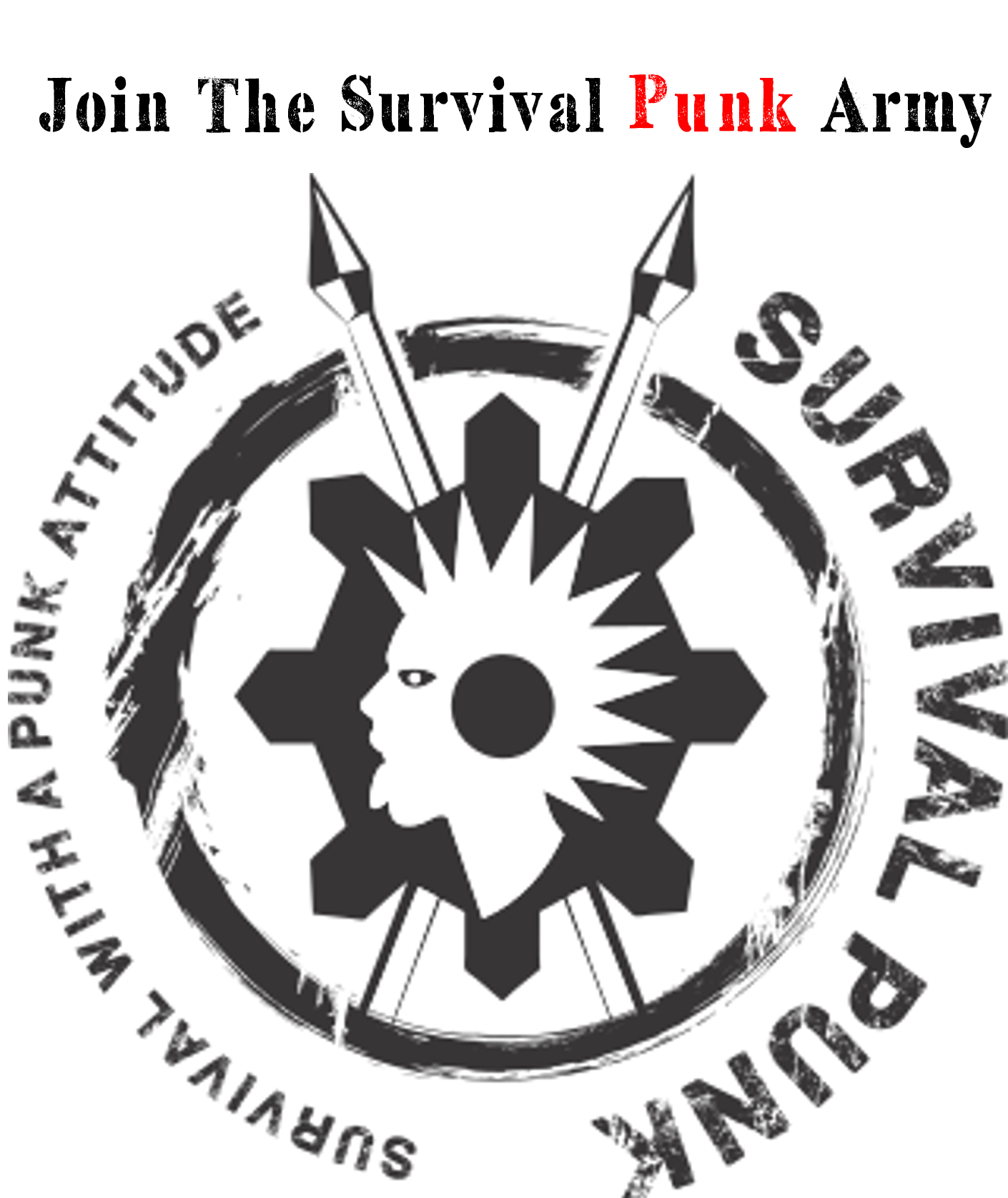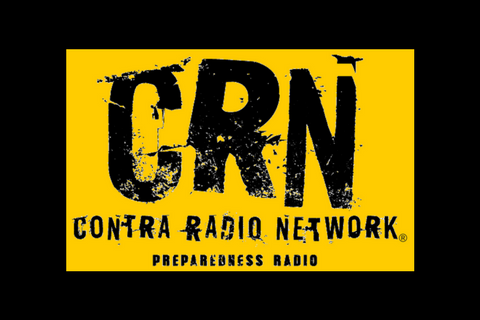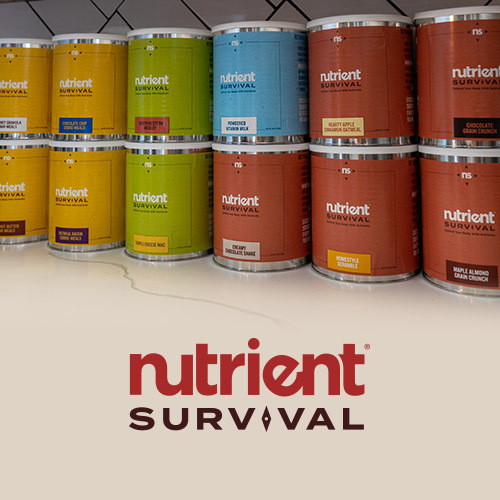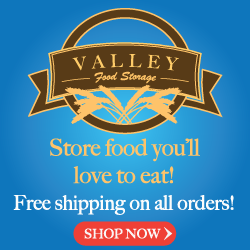Guest Post: The Six C’s Of Hunting For Food
I’m back from vacation and have one guest post left to run from the great folks at Dan’s Depot via Craig Caudill. I’m happy to be running a hunting article since this is an area I have no expirience in and am in the process of trying to learn. Enjoy the last guest post I’ll return on Monday.

The Six Cs of Hunting for Food
We now find ourselves in the 21st century and hunting animals for food is something of a bygone necessity or hobby for many. Even fishing has its “catch and return” technique where the thrill of catching a fish is followed by just throwing it back into the lake or ocean alive. In your grand parents day, fish that was caught was fish on the dinner table. Nowadays we get our food all chopped up, processed, preserved, canned, and ready to cook from the grocery.
Hunting may look totally unnecessary to most people. However, I’d like to share some thoughts on why learning to hunt, and then hunting to get your next meal is a great method to obtaining your food. Let us talk about the six C’s of hunting for food.
Connected – This is simply “reconnecting” yourself to the process of obtaining food. Instead of being the endpoint of the process of food gathering where you only consume, you become part of the cycle where you hunt and process your own food before consuming it. The greatest advantage of this is that food no longer becomes “anonymous” to you. You were present when it was taken, and you perfectly know where it came from.
Calories – When we talk about calories with regards to wild game, we are talking about the presence of more nutrients compared to commercially sold meats at the grocery. Ironically, fat and cholesterol is lower in wild game compared to animals domestically raised for food. This is most probably due to wild animals more natural diet of organic foods compared to domesticated animals. They are not injected with chemical or growth enhances. Another, humorous way of thinking about, is probably because they also get more exercises being out in the wilderness running about compared to domesticated animals on a farm or in a pen.
Cost – The cost of learning how to hunt and the equipment for hunting is an initial investment that may seem more expensive at the onset. Take note that this is usually only at the beginning. Once you have established a hunting routine, the cost goes down and meat obtained through hunting is cheaper compare to food in the supermarket.
Continuance – Continuance means survival. Just as air, warmth, and water is essential for survival, so is food. Although plant materials are a better choice for food during survival scenarios, animal meat will always trump plant materials when it comes to total and adequate nutrition. Animal foods are also cost effective as all parts of it can be used, from the meat, marrow, blood, and edible organs. As well as other bone structures can be used in tool making, etc. to once more get more resourceful.
Conservation – It seems ironic that hunting actually goes hand in hand with conservation, as the usual perception is that preventing hunting and killing of wild game is the key to conservation. Nothing could be farther from the truth, as conservation laws and efforts have led to the increased number of wild game. These numbers are more than adequate enough for hunting, and regulated, well disciplined, and ethical hunting helps to bring balance to the total population.
Chance – Hunting in the wild brings about several wonderful experiences that “chance” could bring. A lot of the scenic beauty we take for granted right now, was once discovered by those who were either exploring or hunting. Hunting also brings about smaller but equally meaningful chance encounters with the things that mother nature has to offer. Such chance encounters as a deer chasing one another, or the sight of a bald eagle soaring through the air, and a myriad of other things, contribute to making hunting a meaningful activity.
These are just a few reasons to engage in hunting as an added pursuit in your wilderness activities. I am not saying that you should stop going to the grocery altogether as hunting takes some time and plenty of experience to master. However, now is a great time to engage in it.
When Craig Caudill is not hunting, he may be found looking over gear in camping stores.He freely shares his hunting and other outdoor survival skills at Dan’s Depot.com. and is also a Survival Instructor.










Follow Us!